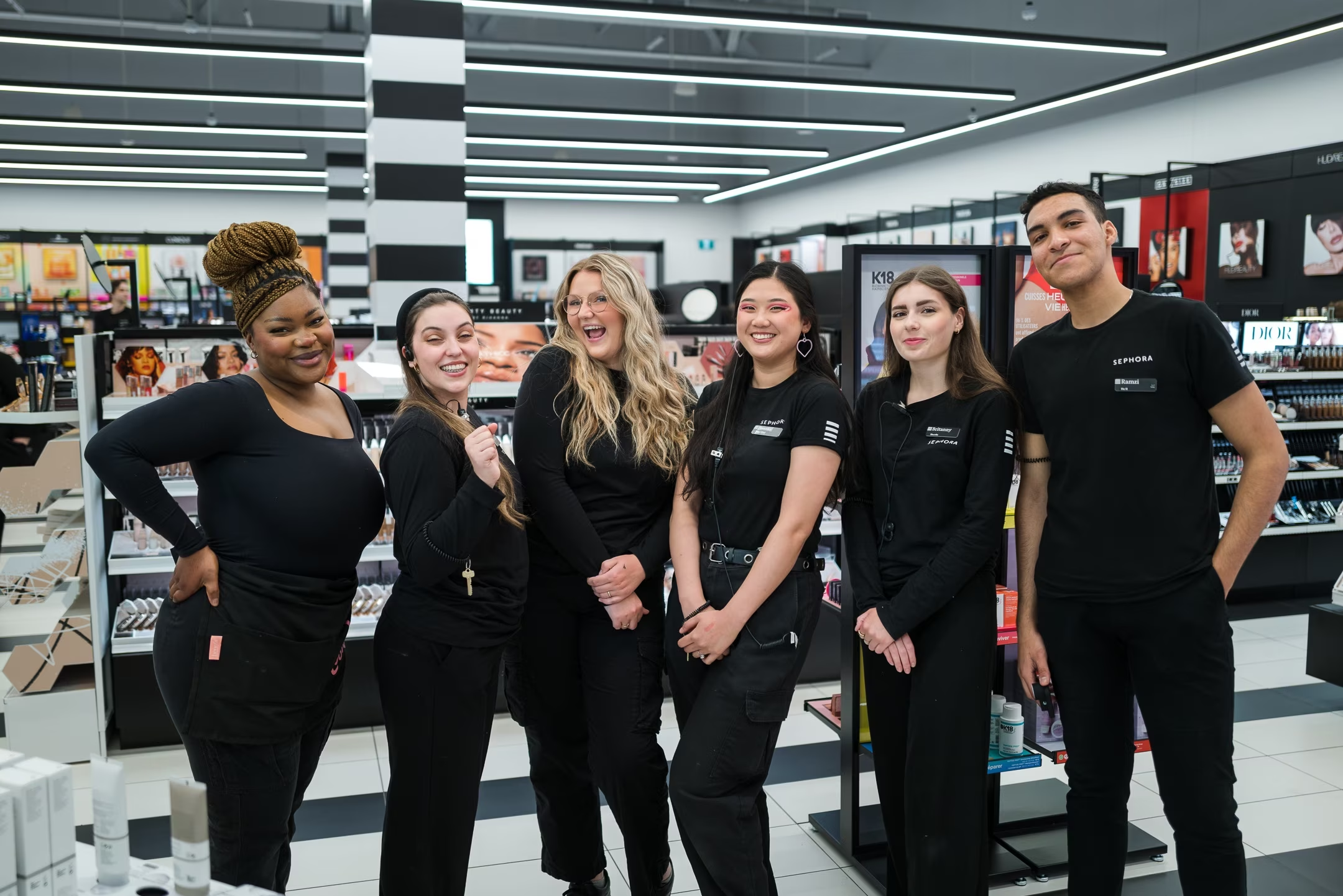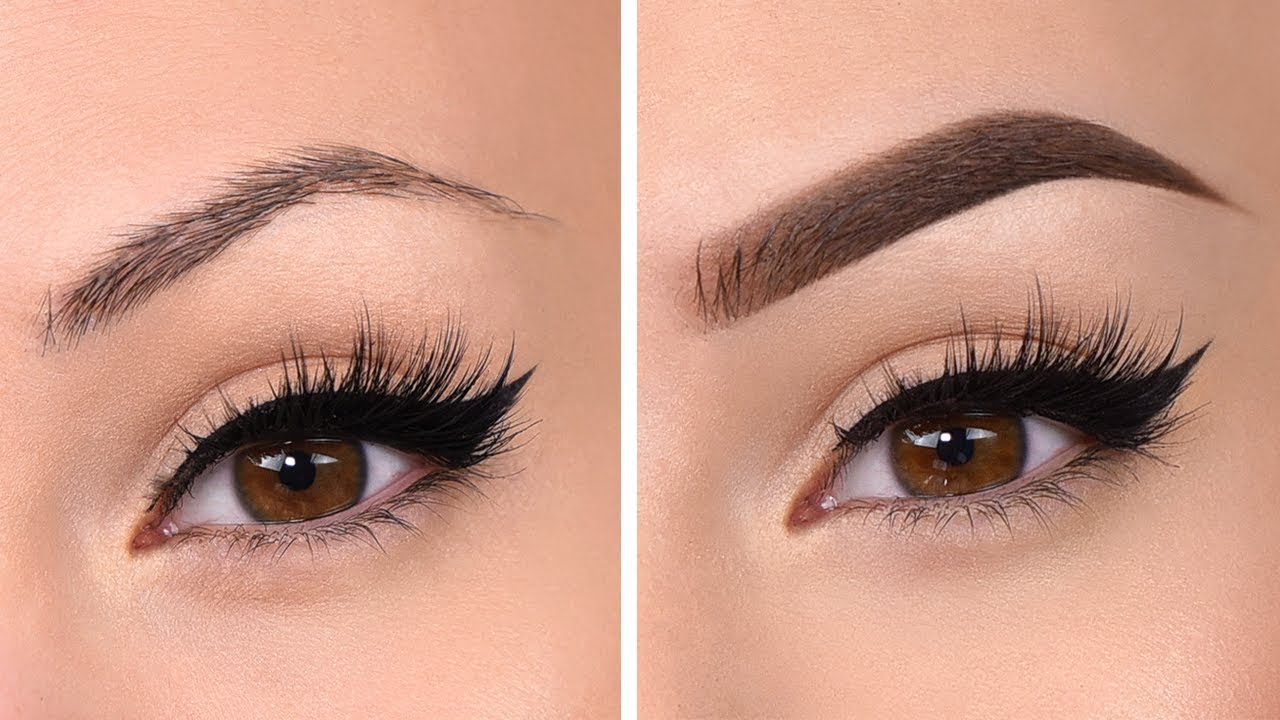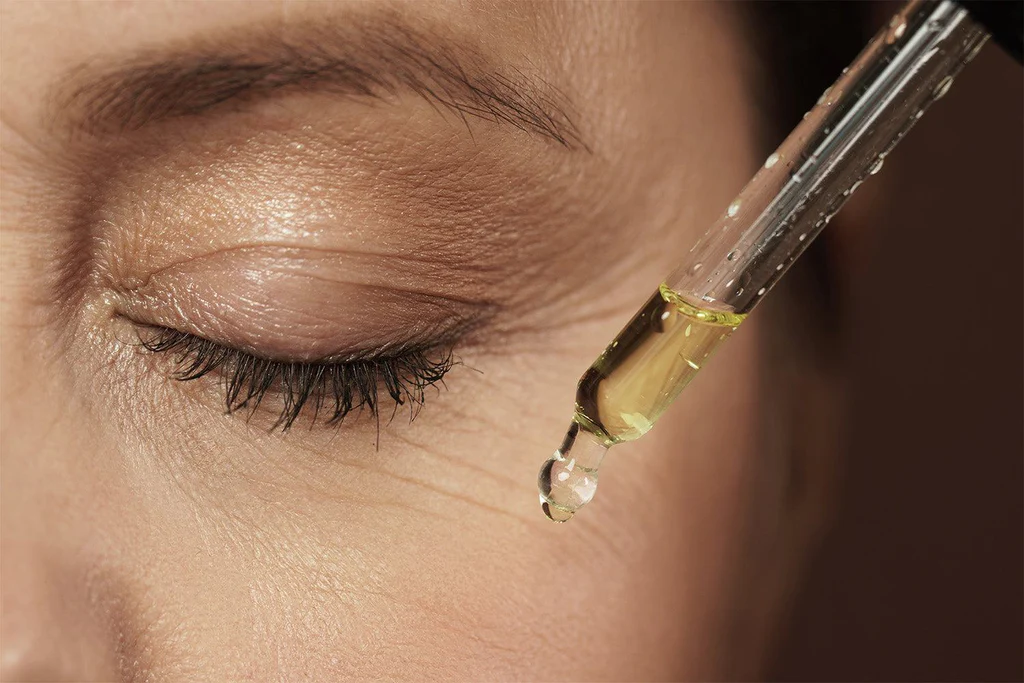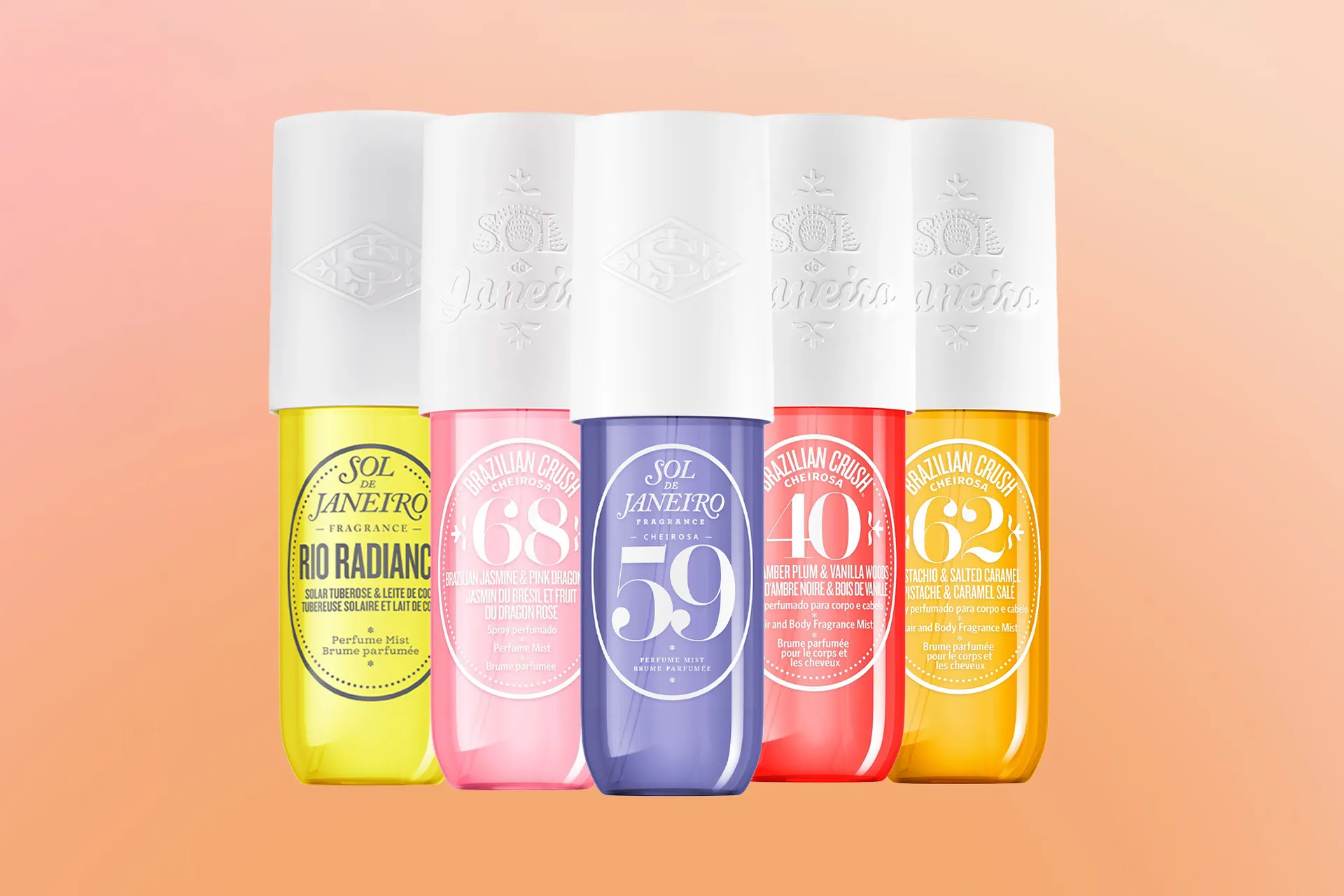Moisturizing is one of the most important steps in any skincare routine. It helps to hydrate, protect, and nourish your skin, preventing dryness, irritation, and premature aging. But not all moisturizers are created equal. Depending on your skin type, you may need a different kind of moisturizer to suit your needs. In this blog post, we will explore the best moisturizers for every skin type, from oily to dry, and from sensitive to acne-prone. We will also answer some frequently asked questions about moisturizing and how to choose the right product for you.
What is a moisturizer and why do you need it?
A moisturizer is a skincare product that helps to restore and maintain the skin’s natural moisture barrier. The skin’s moisture barrier is a thin layer of lipids (fats) and proteins that covers the outermost layer of the skin, called the stratum corneum. The moisture barrier acts as a shield against environmental factors, such as temperature, humidity, pollution, and bacteria, that can damage the skin and cause dehydration, inflammation, and infection. The moisture barrier also helps to lock in the water and nutrients that the skin needs to stay healthy and plump.
Moisturizing is essential for keeping the skin hydrated and balanced. When the skin is dehydrated, it can become dry, flaky, tight, and dull. Dehydrated skin is also more prone to wrinkles, fine lines, and sagging. On the other hand, when the skin is too oily, it can become shiny, greasy, and clogged. Oily skin is also more likely to develop acne, blackheads, and enlarged pores. Moisturizing helps to regulate the skin’s oil production and prevent excess sebum from accumulating on the surface of the skin.
Moisturizing also provides other benefits for the skin, such as:
- Improving the skin’s texture and appearance
- Enhancing the skin’s elasticity and firmness
- Reducing the signs of aging and sun damage
- Soothing and calming the skin
- Supporting the skin’s healing and repair processes
- Boosting the skin’s immunity and resilience
How to choose the best moisturizer for your skin type?
The best moisturizer for your skin type is the one that meets your skin’s specific needs and concerns. There is no one-size-fits-all solution when it comes to moisturizing, as different skin types have different characteristics and challenges. Here are some general guidelines on how to choose the best moisturizer for your skin type:
- Oily skin: Oily skin produces more sebum than normal, which can make the skin look shiny and greasy. Oily skin also tends to have enlarged pores, blackheads, and acne. The best moisturizer for oily skin is a lightweight, oil-free, and non-comedogenic (won’t clog pores) formula that can hydrate the skin without adding extra oil. Look for ingredients that can control oil, such as niacinamide, salicylic acid, zinc, or clay. Avoid ingredients that can trigger oil production, such as alcohol, fragrances, or mineral oil.
- Dry skin: Dry skin lacks moisture and oil, which can make the skin feel tight, rough, and flaky. Dry skin also tends to have fine lines, wrinkles, and redness. The best moisturizer for dry skin is a rich, creamy, and occlusive (forms a protective layer) formula that can replenish the skin’s moisture and oil levels. Look for ingredients that can hydrate and nourish the skin, such as hyaluronic acid, glycerin, ceramides, shea butter, or jojoba oil. Avoid ingredients that can strip the skin of its natural oils, such as alcohol, sulfates, or harsh cleansers.
- Combination skin: Combination skin has both oily and dry areas, usually with an oily T-zone (forehead, nose, and chin) and dry cheeks. Combination skin can be tricky to moisturize, as it needs to balance the different needs of the different zones. The best moisturizer for combination skin is a lightweight, gel-like, or lotion formula that can hydrate the dry areas without making the oily areas more oily. Look for ingredients that can moisturize and regulate the skin, such as hyaluronic acid, aloe vera, green tea, or chamomile. Avoid ingredients that can irritate or clog the skin, such as alcohol, fragrances, or mineral oil.
- Sensitive skin: Sensitive skin is easily irritated and inflamed by external or internal factors, such as allergens, chemicals, or stress. Sensitive skin can have symptoms such as redness, itching, burning, or rashes. The best moisturizer for sensitive skin is a gentle, hypoallergenic, and fragrance-free formula that can soothe and calm the skin. Look for ingredients that can reduce inflammation and repair the skin barrier, such as oatmeal, colloidal oatmeal, aloe vera, cucumber, or calendula. Avoid ingredients that can trigger or worsen the skin’s sensitivity, such as alcohol, fragrances, dyes, or preservatives.
- Acne-prone skin: Acne-prone skin is prone to breakouts, which are caused by the overgrowth of bacteria, excess oil, and dead skin cells in the pores. Acne-prone skin can have pimples, whiteheads, blackheads, or cysts. The best moisturizer for acne-prone skin is a lightweight, oil-free, and non-comedogenic formula that can hydrate the skin without causing more acne. Look for ingredients that can fight acne, such as salicylic acid, benzoyl peroxide, tea tree oil, or sulfur. Avoid ingredients that can aggravate acne, such as alcohol, fragrances, or comedogenic oils.
FAQs about moisturizing
Here are some common questions and answers about moisturizing:
- Q: How often should I moisturize?
- A: You should moisturize your skin at least twice a day, in the morning and at night, after cleansing and toning. You may also need to moisturize more often if your skin is very dry, or less often if your skin is very oily.
- Q: How much moisturizer should I use?
- A: You should use enough moisturizer to cover your entire face and neck, but not so much that it feels heavy or greasy. A pea-sized amount is usually enough for most people, but you may need more or less depending on your skin type and the consistency of the moisturizer.
- Q: How should I apply moisturizer?
- A: You should apply moisturizer with clean fingers, using gentle upward and outward strokes. Avoid rubbing or tugging the skin, as this can cause irritation or wrinkles. You should also avoid applying moisturizer too close to the eyes, as this can cause puffiness or stinging.
- Q: What is the difference between a day and a night moisturizer?
- A: A day moisturizer is usually lighter and more hydrating, and may also contain SPF (sun protection factor) to protect the skin from sun damage. A night moisturizer is usually richer and more nourishing, and may also contain anti-aging ingredients to repair the skin while you sleep.
- Q: Can I use the same moisturizer for my face and body?
- A: No, you should use a separate moisturizer for your face and body, as they have different needs and sensitivities. The skin on your face is thinner and more delicate than the skin on your body, and may also have different concerns, such as acne or wrinkles. The moisturizer for your face should be more gentle and specific, while the moisturizer for your body should be more general and moisturizing.
Conclusion
Moisturizing is a vital part of any skincare routine, as it helps to keep the skin healthy, hydrated, and balanced. The best moisturizer for your skin type is the one that suits your skin’s needs and concerns, and provides the right amount of moisture and oil. By choosing the right moisturizer and using it correctly, you can improve the appearance and feel of your skin, and prevent or treat various skin problems. Remember to moisturize your skin every day, and enjoy the benefits of a smooth, soft, and glowing complexion.

 By
Your Beauty Plug
By
Your Beauty Plug




